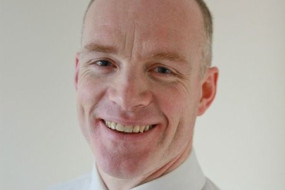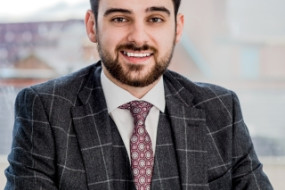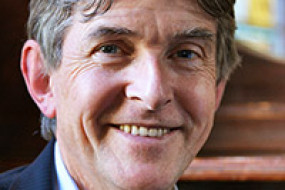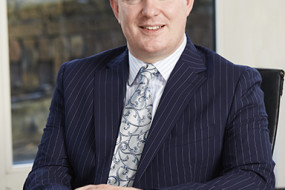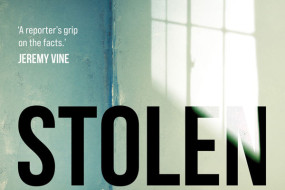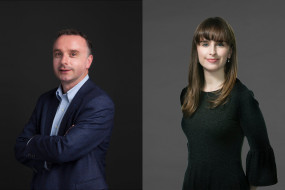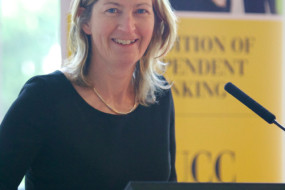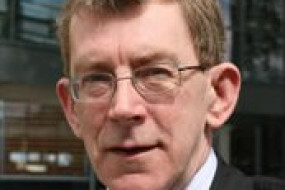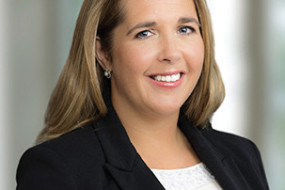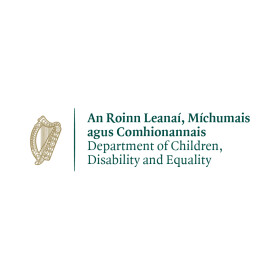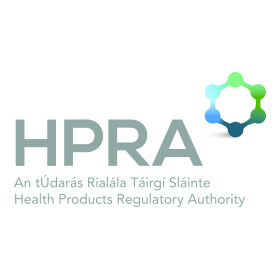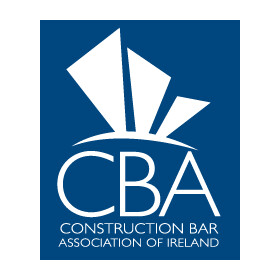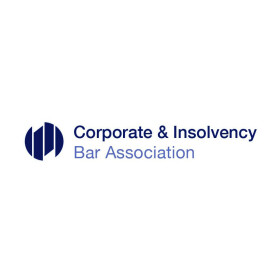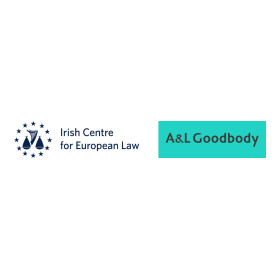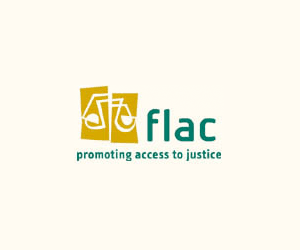Employment law solicitor Richard Grogan of Richard Grogan & Associates considers the impact on Irish employers of a mandatory sick pay scheme. This issue has been around for some time. It will be interesting to see what is going to happen in relation to this. The reason we are mentioning this is
Opinion
Dr Ronan Cormacain of the Bingham Centre for the Rule of Law considers a lesser-discussed aspect of the controversial Internal Market Bill. Huge controversy has already been generated over provisions in the United Kingdom Internal Market Bill granting Ministers the power to disapply the Withdr
Benjamin Bestgen takes a further look at free speech this week, see last week's jurisprudential primer for part one. Open a newspaper or look through social media and you will find people expressing their upset about all kinds of real or perceived wrongs.
Ruaidhrí Austin, solicitor at Lacey Solicitors Dublin and Belfast, examines the recent UK High Court test case in which the Financial Conduct Authority (FCA) challenged a number of insurers in relation to business interruption cover. The High Court in England and Wales has handed down its jud
Ed Madden BL examines a recent High Court case in which the Medical Council applied for proceedings to take place either in camera or in an anonymised manner. In May, the High Court delivered its judgment on an ex parte application brought by the Medical Council requesting that intended proceedings
Professor Conor Gearty explores the background to the UK government's threat to depart from its long-standing advocacy of ‘the rule of law’ in international affairs. The European Union (Withdrawal Agreement) Act 2020 declared itself a measure ‘to implement, and make other provision
James Meighan from Eugene F Collins discusses the Withdrawal Agreement and the effect on cross-border litigation. On 27 August 2020, the European Commission published a notice to stakeholders on the withdrawal of the United Kingdom from the European Union and rules in the area of civil justice and p
Peter Bolger and Robert Haniver from LK Shields write about new rules which will update gaming and gambling control legislation. The Gaming and Lotteries (Amendment) Act 2019 (2019 Act) was signed into law on 21 December 2019 and will come into operation from 1 December 2020. This is an interim refo
Benjamin Bestgen takes an honest look at marriage in his latest jurisprudential primer. See last week's here. During my legal studies, a professor opined that one of the most legally significant things the majority of people will ever do in their lives is to marry and divorce (the other th
Scottish silk and chair of the Tumbling Lassie Committee, Alan McLean QC, takes a look at a new book on modern slavery.
Rob Corbet and Caoimhe Stafford of Arthur Cox consider some of the key changes that will be brought about when the Gaming and Lotteries (Amendment) Act 2019 enters into force. Almost a year after it was signed into law, the Gaming and Lotteries (Amendment) Act 2019 will come into effect on
Professor Ursula Kilkelly, from University College Cork, considers the impact of remote hearings on the legal rights of children under Irish and international law. COVID-19's public health restrictions have necessitated changes in practice across the legal system. Principal among these is the increa
Tom O'Malley SC considers golfgate and calls for any backlash or punishment of public officeholders in attendance to be rational and proportionate. The backstory to what has become known as Golfgate is now well-known. The Oireachtas Golf Society held a two-day outing on 18 and 19 August at Ballyconn
Keavy Ryan, partner at A&L Goodbody, reflects on the future for solicitors qualifying in 2020. Take a moment to consider the class of 2020. After years of hard work from secondary school right through to the final year of third level, they will graduate into a world of uncertainty. Over the
Christopher Stanley, litigation consultant at KRW LAW LLP, comments on the UK government's proposals to restrict judicial review in England and Wales. Apparent judicial over-reach or the exercise of excessive judicial power is the present scourge of some in the current British government.






